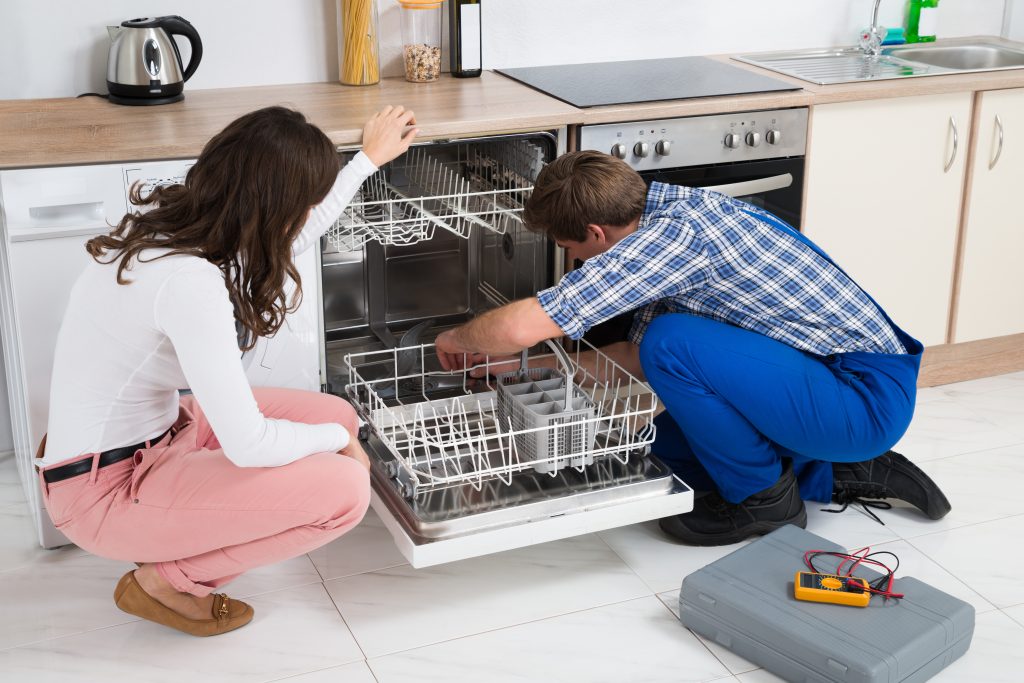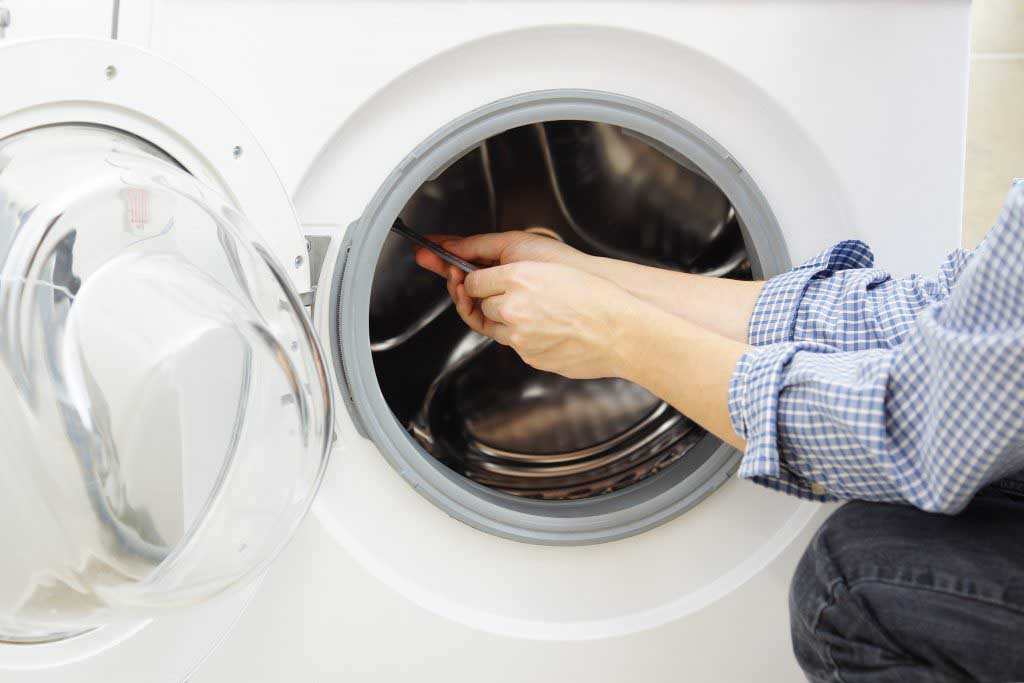Tips for Washers and Dryers
Clean the lint filter on your dryer after every load. Buildup can cause the dryer to heat up faster and short-cycle, resulting in a longer drying time and damage to the dryer itself.
- If your dryer vents through the roof of your home, have it checked by a professional for proper air flow. If the professional determines that there is a restriction, have it cleaned.
Clean your washer every 6-12 months. Laundry detergent and fabric softener can build up in any washer, causing residual soap to remain on your clothing.
- Simply add (1) cup of white vinegar to the wash cycle. Use your fabric softener dispenser or a Downy Ball® for best results. Fill with white vinegar and run the cycle with no laundry in the machine.
Use less fabric softener and detergent in front-load washers. Since these machines use 50% less water than conventional top-load washing machines, you should use only 1/2 the recommended amount of detergent and fabric softener.
Leave the door of your front-load washer ajar when not in use. Doing this will prevent lingering odors and keep the rubber “boot” seal free from any debris.
- If black mildew does begin to grow on the boot seal, clean it with a solution of Simple Green® and water (mixed according to the directions on the back of the bottle), using an old toothbrush. Be careful not to damage the seal while you scrub.
Use the proper detergent in front-load washers. A “high-efficiency” detergent will prevent excessive suds. If an improper detergent is used, a “suds lock” may occur in the drain pump, which will cause your machine to shut down.
- If you do experience a suds lock, simply add (1) cup of white vinegar to the wash cycle and run the machine without any laundry.

Tips for Dishwashers
Use vinegar to prevent white residue on dishes. A buildup of excess detergent in the dishwasher can leave a white residue on your glasses and dishes.
- Fill a coffee cup with white vinegar and place it on the top rack of the dishwasher. Run the cycle without any other dishes. The vinegar will slowly clear out the buildup.
Use short cycles when possible. Using the shortest cycle possible will save you both time and money on utility bills.
Tips for Refrigerators
Change the water filter regularly. A clean filter will reduce pressure on the inlet valve and increase its life.
- Change the water filter twice a year. It will have a sticker to mark the date.
Clean the coils regularly. Clean coils increase airflow and keep the unit cool, which will make it last longer.
- Purchase a refrigerator coil brush at the nearest home improvement store. Standard brushes are approximately 2.5 feet long.
- First, unplug the unit and locate the coils.
- Brush the coils in a slow, front-to-back motion.
- Collect dirt and dust with a vacuum.
- Be careful not to disturb the nearby fan, drain line, water valve, or filter system.
Keep all settings on medium. This will save you from paying exorbitant energy bills.

Tips for A/C Units
Change the filter once every month. A clean filter will increase airflow, resulting in lower energy costs.
- To help yourself remember, change the filter every time you check the batteries in your smoke alarm.
Program higher temperature settings when not home. Keeping your A/C around 80 degrees when you’re not home will save you lots of money on monthly bills.
- Most units allow you to set daily programs and bypass them when necessary.
Tips for Water Heaters
Turn down the temperature by a few degrees to maintain energy efficiency.
Turn off the unit entirely when not home for long periods of time.
